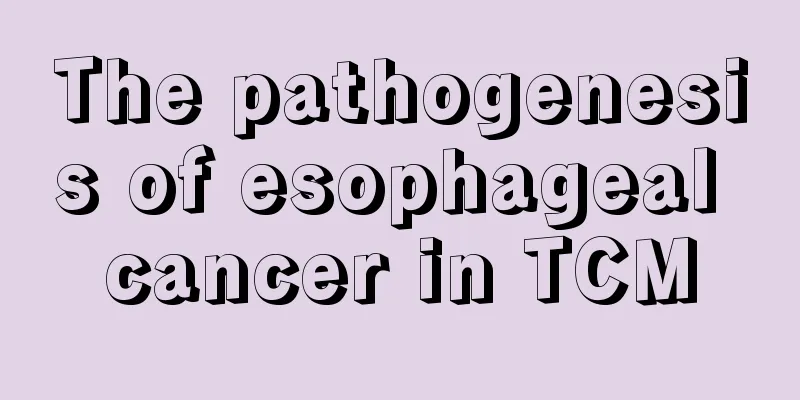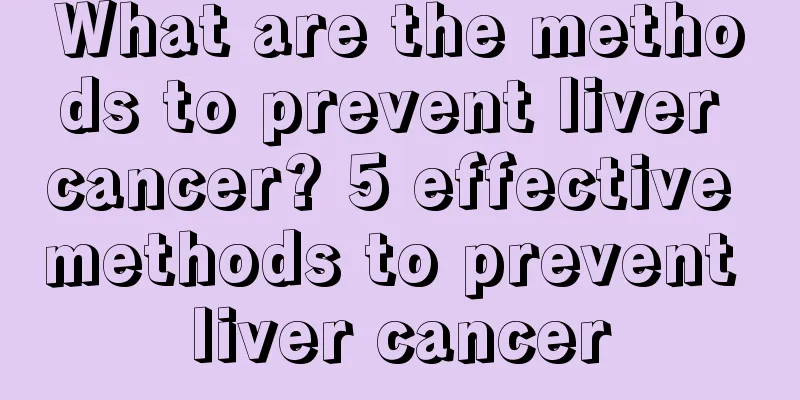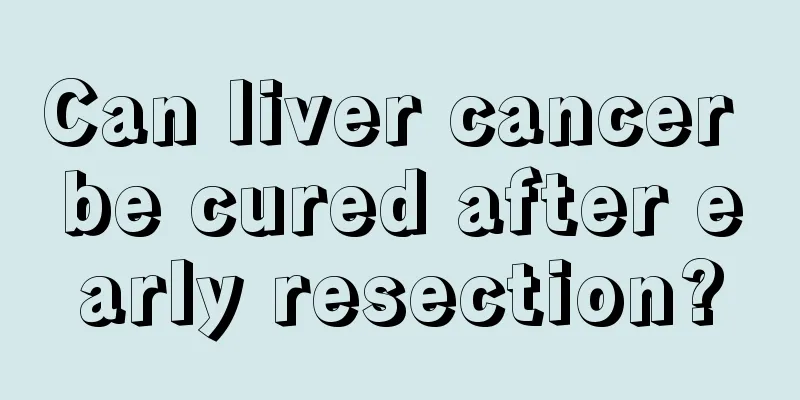What are the benefits of massaging the Taixi acupoint?

|
Taixi point is an acupuncture point behind our ankle. Generally, many friends do not feel anything when massaging the Taixi point, especially those who are weak in body. There is often no reaction, and the point will sink every time it is massaged. This is mainly caused by kidney deficiency. So what are the effects of pressing the Taixi acupoint? Now I will introduce to you the function of Taixi acupoint and how to massage it effectively. Taixi Point Gathers the Vitality of the Kidney Meridian The kidney is the innate foundation of a person and the source of life. The body's primordial yin and primordial yang all come from it. Taixi acupoint is the original acupoint of the kidney meridian and the place where the vital energy of the kidney meridian passes and stays. Therefore, the ancients called Taixi acupoint "one of the nine acupoints for returning yang" and believed that it has a strong function of returning yang and rescuing from adverse conditions. In ancient times, many doctors used this acupoint to "replenish kidney qi and determine life or death" when facing dying patients. If a pulsating artery could be felt at this acupoint, it meant that the patient's kidney qi was not exhausted and the patient could still be treated; if there was no pulsation, it meant that the patient was plagued by yin qi and was in danger. The best tonic for the whole body: Taixi acupoint Some people don't feel pain during massage. In this case, the ones that don't feel pain must be massaged until they feel pain, and the ones that feel pain must be massaged until they don't feel pain. In the final analysis, it is all about directing qi and blood to the Yongquan point on the soles of the feet. Taixi acupoint is one of the three unique acupoints in diagnosing the three pulses of the foot, which can "determine life and death, and treat all kinds of diseases." Taixi is the original point of the kidney meridian. The Yuan point can stimulate and mobilize the body's original power, but after mobilizing it must be stored, that is, stored in the Yongquan point, so that you will have a foundation for health. Therefore, health care methods such as rubbing the soles of the feet, doing the Golden Rooster Stand, and soaking the feet every day are aimed at opening up the kidney meridian and guiding the fire back to its source. Some people often suffer from heel pain, which is caused by kidney deficiency. You should rub the Taixi point more and guide the qi and blood of the kidney meridian along the Taixi point. As long as the Taixi point is activated, fresh blood will disperse and absorb the blood stasis, and then circulate it away. Why does it hurt? Pain means there is blood stasis, which has stopped there and is not moving, causing local obstruction, and obstruction causes pain. You can lead the good blood there to disperse the blood stasis, and naturally the pain will go away. Many people will feel very sore in their waist after working for a day. In fact, the solution to this phenomenon is very simple. Generally, massaging the Taixi acupoint can effectively alleviate this phenomenon. Moreover, for many female friends with cold hands and feet, regular massage has great benefits! |
<<: Can I drink water on an empty stomach during a physical examination?
>>: Why do my hands feel numb when I sleep?
Recommend
Why does my hair become oily after a good night's sleep
Many people find that their hair is very greasy a...
What conditions can cause cervical cancer
What conditions can cause cervical cancer? 1. Cer...
Can poor sleep cause hair loss?
Everyone needs to sleep. Sufficient sleep is very...
How long does it take for hepatitis B antibodies to disappear?
Hepatitis B antibody is a disease caused by viral...
How to check for ulcerative gastric cancer
Gastric cancer is a relatively harmful disease th...
How to make sour plum soup with sour plum powder
Sour plum soup is a common drink recently, mainly...
Can I get cervical cancer at the age of 18?
The chances of developing cervical cancer at the ...
What is the best way to treat hamartoma
When it comes to hamartoma, I believe many people...
Let’s learn about the treatment of melanoma
Melanoma patients all want to know the treatment ...
What are the preventive measures for teratoma
Teratoma is a gynecological disease that seriousl...
Can okra be frozen and stored?
If you buy a lot of okra at one time, you may not...
How long can peppers be kept in the refrigerator
With the improvement of living standards, refrige...
What causes arteriosclerosis?
To prevent arteriosclerosis, we need to have a sc...
What should I do if my eyes hurt after crying for a long time?
In life, many people experience sore eyes after c...
How to treat early stage lung cancer
How to treat early stage lung cancer? Lung cancer...









